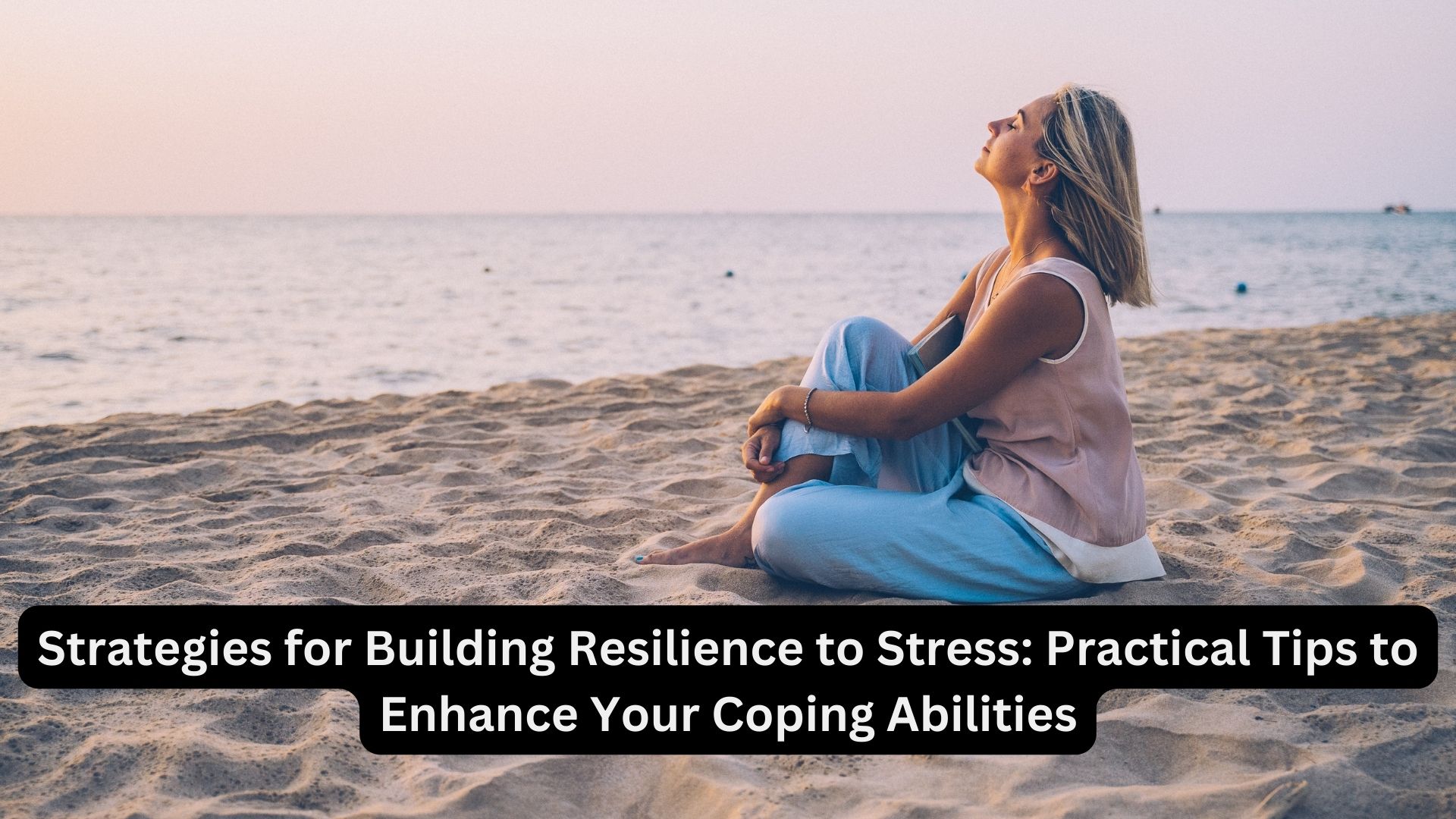
Living in a world defined by perpetual hustle, deadlines, and stress has become an inherent part of our daily lives. Adapting to this fast-paced lifestyle is crucial, but maintaining emotional and mental well-being is equally important. While we may not have control over the stressful situations we encounter, we can influence how we respond to them with grace and composure. Developing resilience to stress is key to staying calm, relaxing the nervous system, and avoiding a constant sense of threat.
Nutritionist Marina Wright emphasizes that while it’s impossible to eliminate all stress from our lives, we can become more resilient to it. She suggests discovering key steps and provides valuable tips for cultivating resilience. This enables us to adapt effectively to diverse environments, situations, experiences, and stress levels.
One significant aspect of building resilience is maintaining a nutrient-dense diet. Consuming foods rich in essential nutrients helps balance blood sugar levels, sustain energy, support brain functions, regulate hormones, enhance the gut-brain connection, and reduce inflammation in the body. Including protein, fiber-rich carbs, and healthy fats in our diet is crucial.
Another important step is synchronizing the circadian rhythm, optimizing the release of hormones like cortisol and melatonin. This not only supports sleep quality and cognitive function but also boosts our ability to adapt to situations effectively. Exposure to proper sunlight plays a role in strengthening the immune system.
Improving vagus nerve tone is a valuable strategy in enhancing resilience. A calm vagus tone facilitates a smooth transition from a state of stress to relaxation, providing increased resilience to handle stressful situations. Grounding techniques and deep breathing exercises are effective ways to enhance vagus nerve tone.
7 Tips to Ensure a Smooth and Stress-Free Vacation
Additionally, incorporating regular physical movement into our routine is essential. Engaging in physical activity helps reduce stress levels and enhances mental stress resilience. By adopting these key steps and tips, we empower ourselves to navigate the challenges of our fast-paced world with greater ease and composure.

3 thoughts on “Strategies for Building Resilience to Stress: Practical Tips to Enhance Your Coping Abilities”